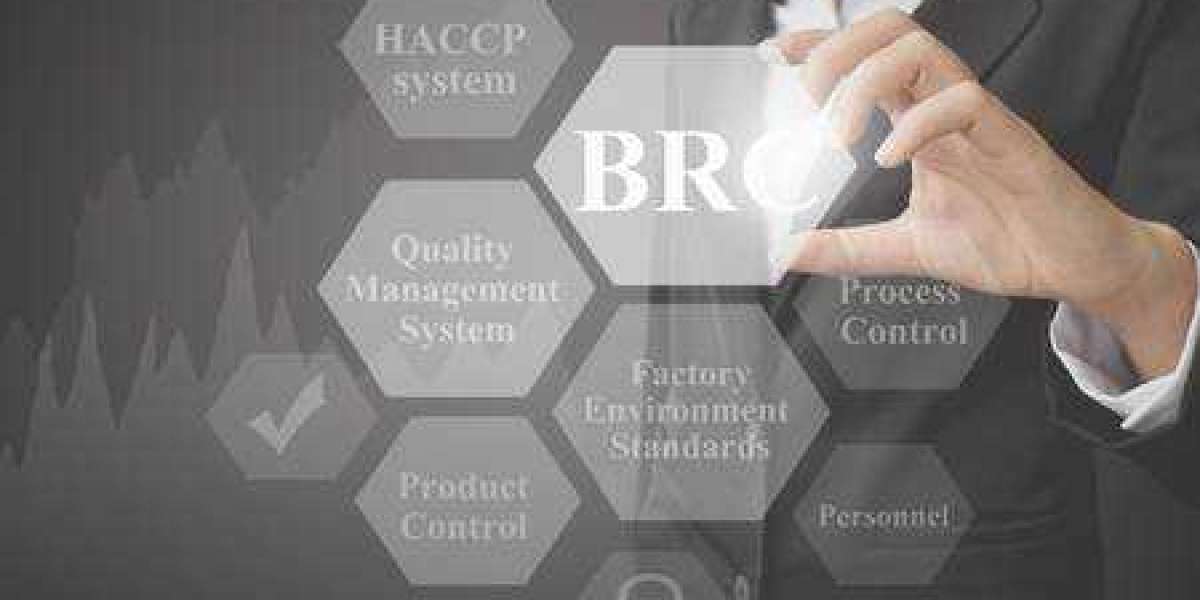Introduction:
In the dynamic and competitive landscape of the food industry, ensuring the safety and quality of products is paramount. The British Retail Consortium (BRC) certification is a globally recognized standard that assists food manufacturers and suppliers in achieving and maintaining high levels of food safety and quality. In this article, we explore the significance of BRC certification and its impact on the food industry.
Understanding BRC Certification:
BRC certification is a set of standards developed by the British Retail Consortium, a leading trade association representing retailers in the UK. These standards are designed to establish a framework for best practices in food safety, quality, and operational criteria. The BRC certification is not only recognized by retailers in the UK but also acknowledged worldwide as a benchmark for excellence in food safety management.
Key Components of BRC Certification:
Food Safety Management System (FSMS): BRC certification places a strong emphasis on the implementation of a robust FSMS. This system ensures that food safety hazards are identified, assessed, and effectively controlled throughout the production process.
Good Manufacturing Practices (GMP): Adherence to GMP is crucial for maintaining hygiene and cleanliness in the production facility. BRC certification requires companies to follow strict guidelines to prevent contamination and ensure the production of safe and high-quality food products.
Hazard Analysis and Critical Control Points (HACCP): BRC certification mandates the implementation of HACCP principles to identify and control potential hazards in the production process. This proactive approach helps prevent issues before they can compromise food safety.
Supplier Management: BRC standards necessitate effective supplier management practices to ensure that raw materials and ingredients meet the required safety and quality standards. This includes rigorous supplier audits and ongoing monitoring.
Benefits of BRC Certification:
Market Access: BRC certification enhances market access by demonstrating a commitment to food safety and quality. Many retailers and consumers worldwide prioritize products with BRC certification, leading to increased market opportunities.
Risk Mitigation: Implementing BRC standards helps mitigate the risk of food safety incidents, recalls, and associated legal and financial consequences. This not only protects consumers but also safeguards the reputation of the certified companies.
Operational Efficiency: BRC certification encourages the adoption of efficient and standardized processes, leading to improved operational performance. This can result in cost savings, increased productivity, and overall business sustainability.
Conclusion:
In conclusion, BRC certification is a valuable tool for companies in the food industry to demonstrate their commitment to food safety and quality. By implementing rigorous standards and best practices, BRC certification not only opens doors to global markets but also contributes to the long-term success and sustainability of businesses in the highly competitive food industry.







